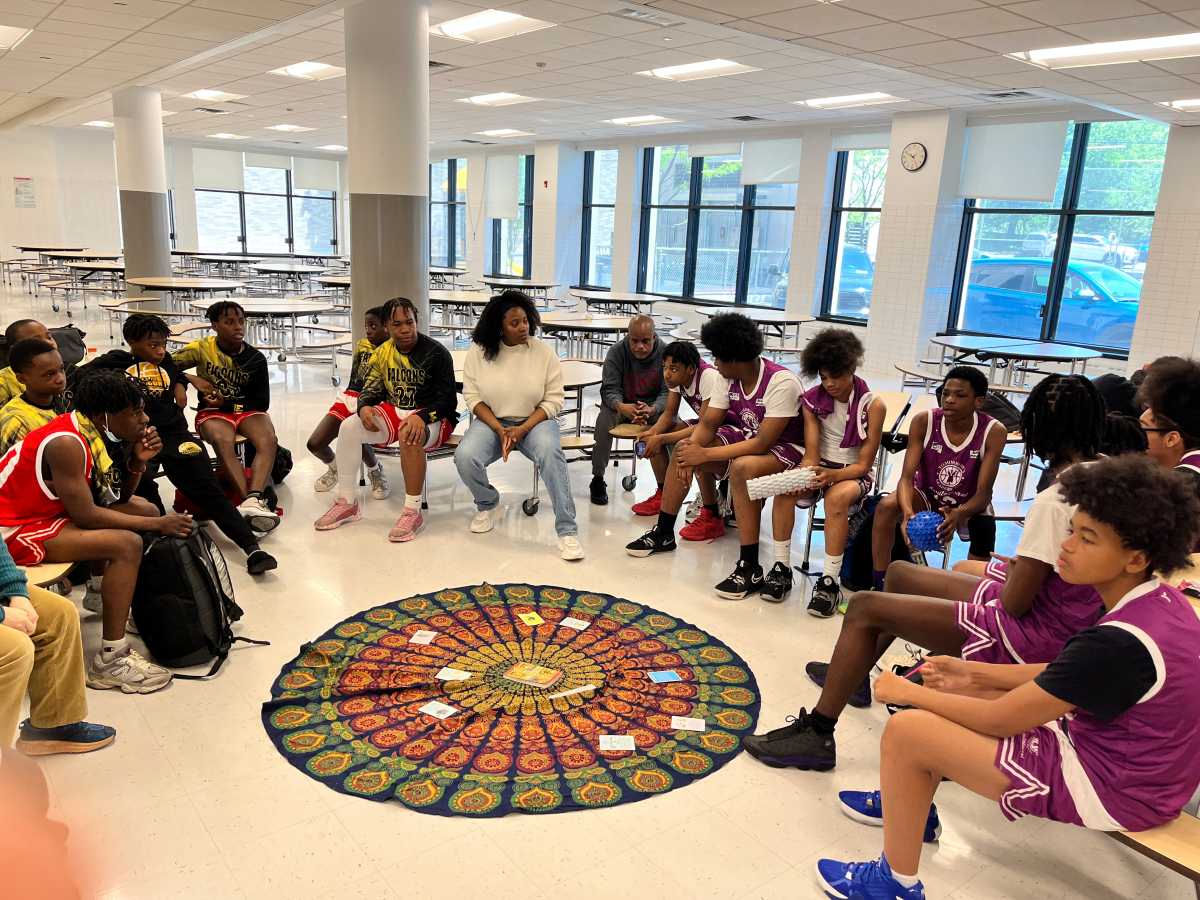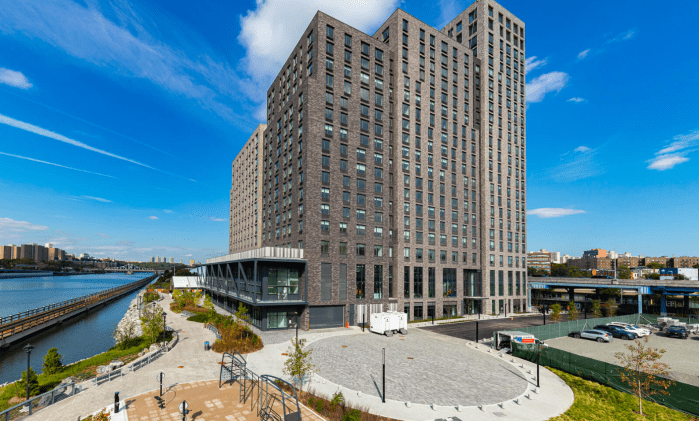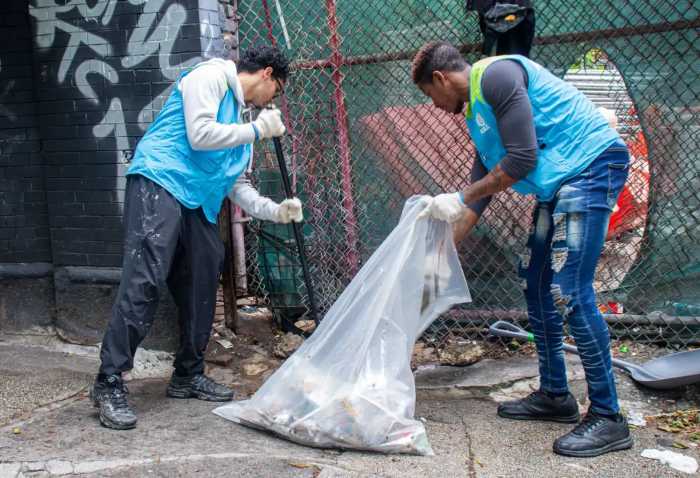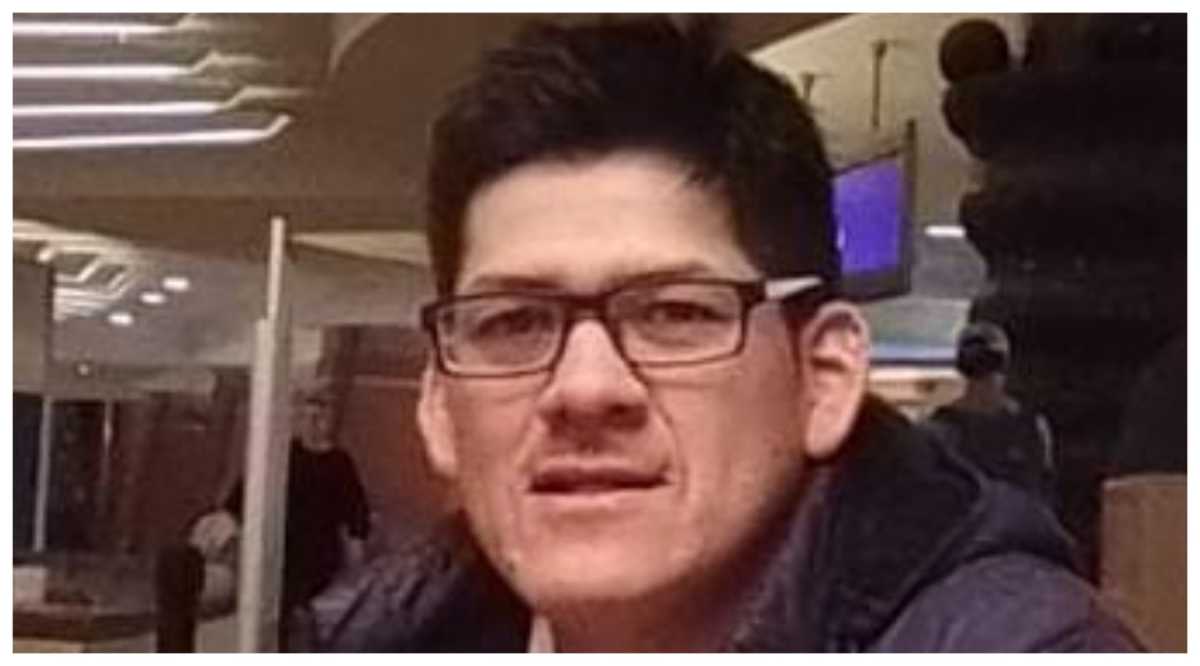A total of 16 restorative justice organizations throughout the city — including three based in the Bronx — were recently selected for grants totaling $6.5 million, part of a $16.5 million investment by the city in restorative justice initiatives.
In announcing the grant winners on July 22, the Mayor’s Office of Criminal Justice (MOCJ) called it a “landmark investment” that reflects the mayor’s commitment to community-based conflict resolution as a means of increasing public safety.
In general, restorative justice practices encourage everyone on all sides of violence or conflict to understand the root causes and the harmful ripple effects. Restorative justice fosters empathy while encouraging those who have harmed the community to take responsibility for their actions, according to information from MOCJ.
The 16 winning organizations will each receive up to $300,000. The Bronx-based winners were Dare to Revitalize Education through Arts & Mediation (D.R.E.A.M.!), the Kingsbridge Heights Community Center and Faith in Harm Reduction, based in Harlem and the Bronx. The groups represent a wide variety of work under the umbrella of criminal justice.
“New York City’s historic investment in new restorative justice projects in schools, court-based programs, substance use support, training programs, and more is a testament to the real potential this work can have in a wide range of contexts,” said CUNY ISLG Executive Director Michael Jacobson.
Everything about the grant process — from design to solicitation to the application itself — was designed with small organizations in mind, knowing they are often working with limited resources, according to Rhokeisha Ford with the CUNY Institute for State and Local Governance, which oversaw the grant process.
Community-based and grassroots organizations, especially those led by people of color and women, were encouraged to apply. Unlike many grants — which come with no support beyond the check — leaders of the 16 organizations will receive training and technical support and opportunities to collaborate with the other grantees, Ford said.
With site visits and discussions about what’s working at each organization, the groups will become “part of a broader learning community,” said Ford.
Grantees will also collaborate with CUNY ISLG to determine and track performance measures that make sense for their organization — which will yield useful data for future grant applications, said Ford.
Each unique group represents a “potential new approach” towards public safety in the city, she said.
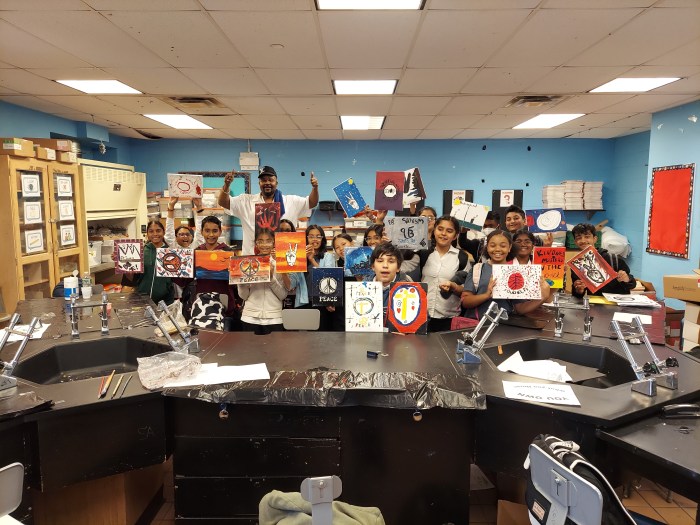
‘A healing epidemic’
South Bronx native Aisha Norris, co-founder and executive director of D.R.E.A.M.!, said she believes the grants will start a “healing epidemic.”
Norris first started D.R.E.A.M. in 2009 as an arts and literacy organization, but it gradually evolved as she felt the potential for a more lasting impact in her native borough — “something that can outlive us,” she said. Norris got trained in conflict resolution, peer mediation and restorative justice practices and now combines that work with a continued focus on the arts.
Starting this fall, her staff of teaching artists and restorative justice practitioners will work at the five-school Evander Childs campus within District 11. They will be embedded in the schools multiple days per week, working with staff and students to provide “comprehensive services, not just one-offs,” Norris told the Bronx Times.
D.R.E.A.M.!’s Complex Harmony pilot program initially began in just one school — and with the newly-awarded funding, it will expand from serving 300 students to 1,900 students, Norris said.
The pilot school saw a drastic reduction — 60 to 70% — in the number of suspensions and violent incidents, said Norris. With an overall mission of ending the school-to-prison pipeline, D.R.E.A.M.! aims to replicate that success in more and more schools across more Bronx districts.
‘The root of health’
The Bronx Times also spoke with Ivelyse Andino, CEO and founder of Radical Health, which began in Mott Haven in 2016 but has since expanded citywide.
Andino, a Bronx native, said her previous work in medical technology was lucrative — “for a lot of other people.” While executives made a lot of money, she saw many community members struggling to access care and struggling even more to understand the health care system.
Radical Health trains regular people to help others navigate health care — and the grant money will help create up to 30 Restorative Health Circle fellowships to train even more. The fellows will eventually assist clients with accessing health care and seeking treatment for mental health and substance abuse.
The “unique model” uses its own Zoom-like video platform to conduct the circles, which are especially geared towards those who distrust the traditional medical system and are more comfortable talking with a regular person, said Andino.
Radical Health has thus far trained 162 people to lead circles and has facilitated over 5,000 hours of conversation.
“We get to the root of health,” Andino said.
The 16 grant winners have a year of hard work and collaboration ahead, which Ford said will likely help raise their profile and better position them for future funding.
“I’m looking forward to seeing how well things go,” she said.
This story was updated August 5, 2024 at 12:50 a.m. to clarify the grant portion of the overall restorative justice initiative.
Reach Emily Swanson at eswanson@schnepsmedia.com or (646) 717-0015. For more coverage, follow us on Twitter, Facebook and Instagram @bronxtimes

